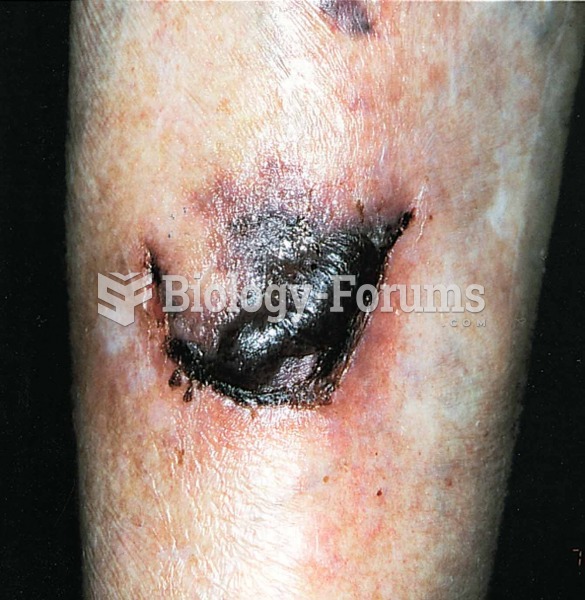|
|
|
Did you know?
Nitroglycerin is used to alleviate various heart-related conditions, and it is also the chief component of dynamite (but mixed in a solid clay base to stabilize it).
Did you know?
The immune system needs 9.5 hours of sleep in total darkness to recharge completely.
Did you know?
In 1844, Charles Goodyear obtained the first patent for a rubber condom.
Did you know?
In women, pharmacodynamic differences include increased sensitivity to (and increased effectiveness of) beta-blockers, opioids, selective serotonin reuptake inhibitors, and typical antipsychotics.
Did you know?
People with high total cholesterol have about two times the risk for heart disease as people with ideal levels.







